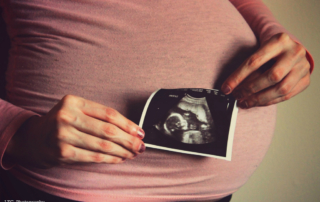Mental Health Parity in Massachusetts
Recent changes expanded the scope of mental health parity in the Commonwealth of Massachusetts, which requires insurance companies to cover specified diagnoses on a “nondiscriminatory basis”. This means that copayments, deductibles, coinsurance, unit of service limits- such as hospital days and outpatient visits, and/or annual or lifetime maximums are no greater for mental disorders when compared to physical conditions.









